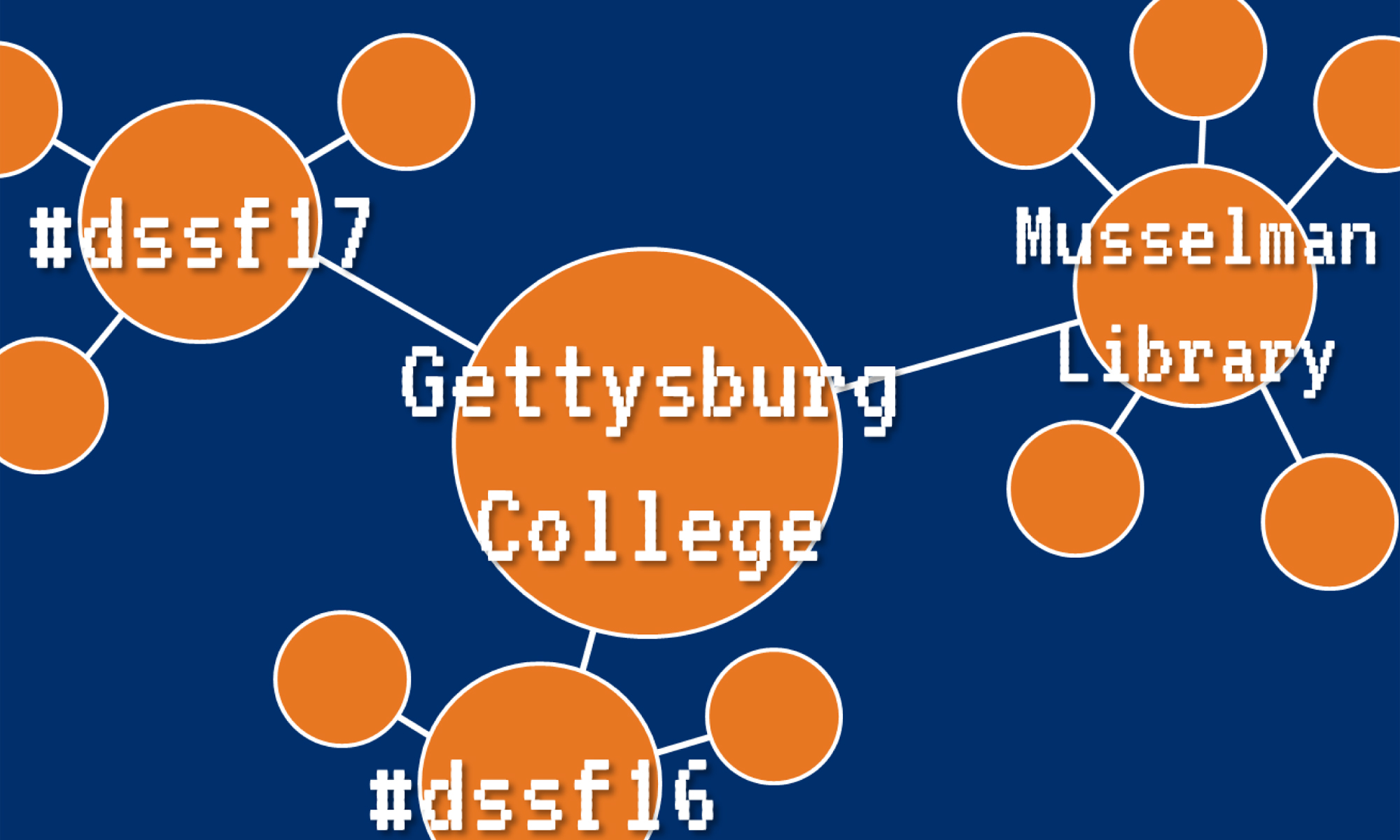As with any technology, the internet has its downfalls. It is both good and bad. However, the accessibility and openness it creates, arguably its defining feature, can be used to do a lot of good. Through it, people can connect, collaborate, and create more readily than ever before. Entire communities live and grow online, made possible by the lack of geographic restrictions. For people in Digital Humanities, this is especially important. Through the use of social media platforms, Digital Humanists can connect, share ideas, and grow their community. By fully immersing itself in the digital, DH can reach and inspire more people than ever before.
Part of this fellowship requires the cohort to become part of the DH community. There is no one set platform for DH communication, and parts of this community can be found on social media sites and other platforms. The two we most invested out time in as a cohort for a lab were Slack and Twitter. The community of Digital Humanities was surprisingly welcoming. Considering the fact that becoming part of the Slack channel for DH required an invitation, the community was more open than expected. Once the cohort was logged on, we introduced ourselves in the general chat. Some others in the chat were responsive, replying to us right away. The limitation on joining the channel did not make its way into how we could use the channel. We could make subsets on the channel dedicated to other subjects within DH. We could directly communicate with people to learn more about this community. We found a community of people ready and willing to collaborate and share their knowledge. Twitter functioned much in the same way, although it was far more accessible and open to community input (good or bad) due to its more public nature. A simple search for common DH hashtags or advertised events can introduced anyone t the wide world of DH. Live tweeting can also bring people together in real time. I am not yet a pro at using either of these tools. By becoming more immersed in the community, I can discover more about this community of practice and the tools it uses.
To cultivate a community of practice and engage with DH in my own life, I will first need to become better versed in the methods of communication. I need to be open to talking to others, coming to them with my problems, and trusting that this community will help me. The community may be digital, but it is not impersonal. The people I have met so far have been enthusiastic and willing to discuss DH with me despite the fact that I am a novice in the field. That’s because they want to cultivate newcomers and teach all they can about DH. The community is open, and that defines it. In DH, the community of practice differentiates it from other fields of study. It is more open and accessible, something that DH should be proud of. The community is still changing and growing, but this is a positive. It has the opportunity to grow with its platforms, and look toward the future to build its community.
By Emma Lewis
